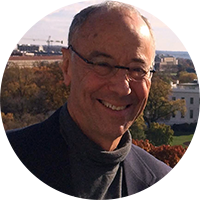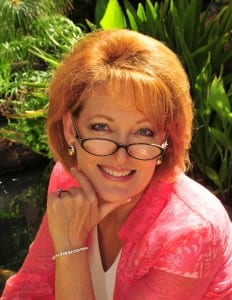 By Taveesha Guyton, Social Worker & soon-to-be CAS
By Taveesha Guyton, Social Worker & soon-to-be CAS
I am a social work professional whose expertise is working with the intellectually-disabled and population of individuals with autism. I really love my job and who I work for. My sole purpose in my position is to provide resources, education and advocacy for this steady growing population, which affects 1 in 68 births in the United States.
1. Listen to you clients. What I want for my clients is very different from what they want for themselves. Many times in the field, professionals who work with clients look at the end result versus looking at the here and now. I have learned to listen what is being said and sometimes what is not being said.
2. Provide Choices. Providing choices. It is important to exercise the ability to choose. Providing options are the best way for people to find out what they like and do not like and it also helps create more conversation about many other things. Choice making is a skill I feel is not exercised enough with this population. (Check out great visual support ideas here.)
3. Ensure proper supports are in place. What is needed for this individual with autism to maintain a ” normal” life is usually the question asked and how do we as a professionally supportive community help create this world for this individual? Will the individual need vocational rehabilitation because their goal is to earn competitive wages? If the individual’s goal is to live alone, will this person need the assistance of a Supported Living Coach? Will this individual need guidance for activities of daily living such as medication management, making doctor’s appointments, meal preparation and grocery shopping? What about socialization and community-based outings? Will the individual need someone to help integrate them into the community?
In assisting in the coordination and maintenance of services for the individual with special needs or autism, social workers are able to make the lives of individuals with autism a little better.
26
SEP
![Elayne_And_Heidi_In_White_Touched-up[1]](http://www.certifiedautismspecialist.com/wp-content/uploads/2017/03/Elayne_And_Heidi_In_White_Touched-up1-232x300.jpg) By Elayne Pearson, CAS, Speaker/Author/Disability Advocate
By Elayne Pearson, CAS, Speaker/Author/Disability Advocate
 Dr. Bruce E. Wexler is a Professor at
Dr. Bruce E. Wexler is a Professor at  “Hand in Hand with Elayne”
“Hand in Hand with Elayne” Meet Dominik
Meet Dominik
 By Taveesha Guyton, Social Worker & soon-to-be CAS
By Taveesha Guyton, Social Worker & soon-to-be CAS